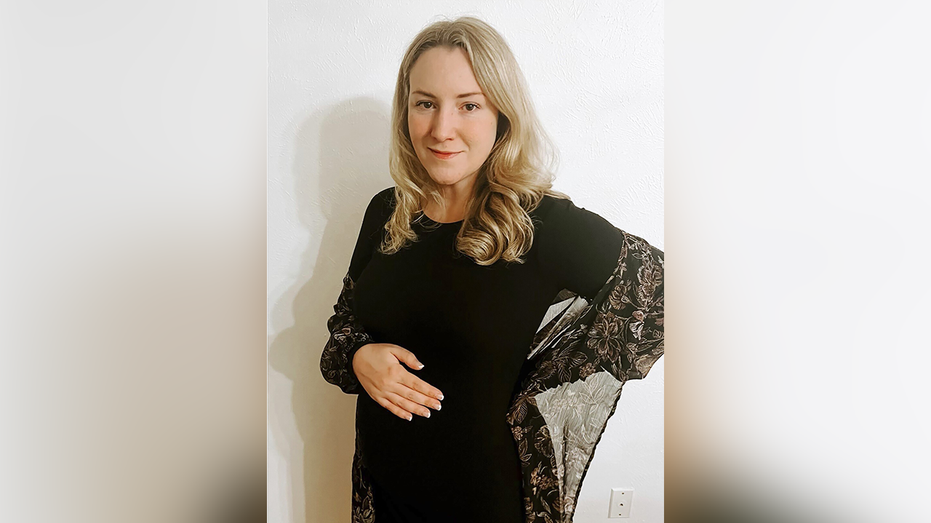Texas Supreme Court pauses lower court ruling allowing woman to receive abortion after fetal fatal diagnosis
The Texas Supreme Court issued a temporary stay on a lower court ruling that would have allowed a pregnant woman whose fetus has a fatal diagnosis to receive an abortion.

The Texas Supreme Court placed a hold Friday night on a lower court judge's ruling that would have allowed a pregnant woman whose fetus has a fatal diagnosis to receive an abortion despite the Lone Star State's ban on the procedure.
The order by the state Supreme Court, made up of all Republicans, came more than 30 hours after 31-year-old Kate Cox received a temporary restraining order from a lower court judge that prevented the state from enforcing its abortion ban in her case.
The court said in a one-page ruling that it was temporarily staying Thursday's ruling "without regard to the merits." The order gives the court more time to weigh in on the case.
"While we still hope that the Court ultimately rejects the state’s request and does so quickly, in this case we fear that justice delayed will be justice denied," said Molly Duane, senior staff attorney at the Center for Reproductive Rights, which is representing Cox. "We are talking about urgent medical care. Kate is already 20 weeks pregnant. This is why people should not need to beg for healthcare in a court of law."
Cox’s attorneys have said they will not disclose their client's abortion plans due to safety concerns. Her attorneys indicated in a filing with the Texas Supreme Court on Friday that she was still pregnant.
The Dallas-area mother of two was 20 weeks pregnant this week when she filed a lawsuit requesting that she be approved to have an abortion in Texas in what is believed to be the first of its kind challenge to the state's abortion ban since Roe v. Wade was overturned by the U.S. Supreme Court last year, allowing states to make their own abortion laws.
The order issued Thursday applied to Cox but no other pregnant women in Texas.
Cox discovered she was pregnant for a third time in August before she was told weeks later that her baby was at high risk for a condition known as trisomy 18, which has a very high likelihood of miscarriage or stillbirth and low survival rates, according to her lawsuit.
TEXAS JUDGE RULES STATE'S ABORTION LAW IS TOO RESTRICTIVE FOR WOMEN WITH PREGNANCY COMPLICATIONS
Doctors have also told Cox that if the baby’s heartbeat stops, inducing labor would risk a uterine rupture because of her two previous cesarean sections, and that another one at full term would endanger her ability to carry another child.
Republican Texas Attorney General Ken Paxton argued that Cox does not meet the criteria for a medical exception to the state's abortion ban, and he called on the state's Supreme Court to take action.
"Future criminal and civil proceedings cannot restore the life that is lost if Plaintiffs or their agents proceed to perform and procure an abortion in violation of Texas law," Paxton's office told the court.
Paxton also warned three hospitals in Houston that they could face legal consequences if they allowed Cox's physician to perform the abortion. This, despite Thursday's ruling from state District Judge Maya Guerra Gamble, who Paxton described as an "activist" judge.
The Associated Press contributed to this report.



